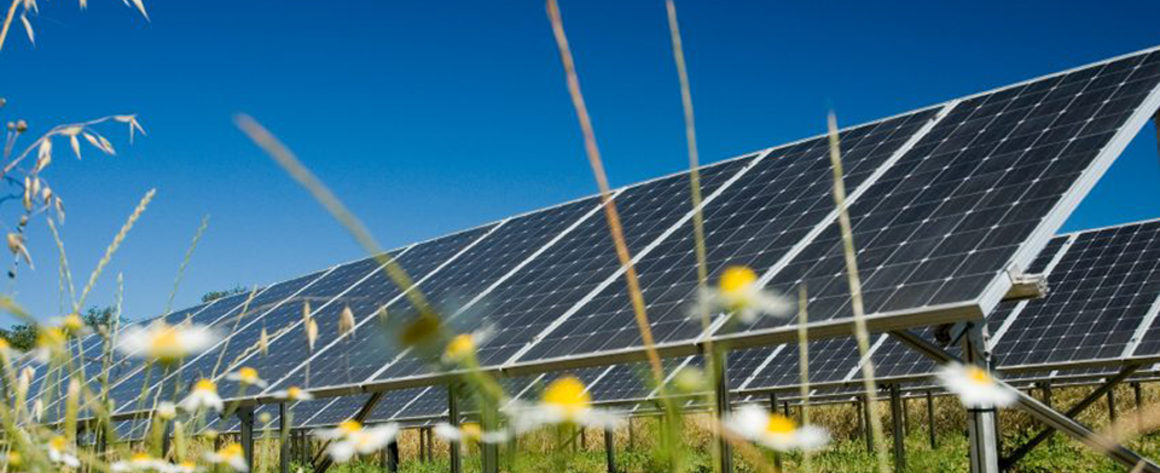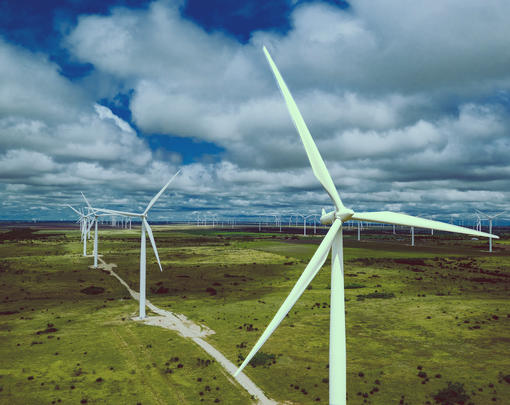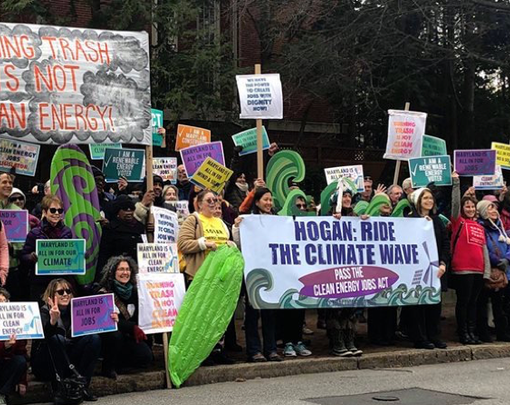This paper, co-written by Jackson Koeppel, executive director of Soulardarity in Highland Park, Michigan, and Liz Veazey, network director of We Own It, proposes a component of the Green New Deal that is explicitly designed to free communities from the unjust power of investor-owned utilities for the sake of not only decarbonization but in order to transform our economy so it serves everyone.
It’s called the Community Ownership of Power Administration, or COPA. Modeled after the original New Deal’s Rural Electrification Administration, COPA could give communities the much-needed finance and capacity to kick out their investor-owned utilities in favor of community-run, renewable-powered utilities.
COPA would provide a catalytic tool for a new energy system based on local, community benefit. Municipalities, counties, states and sovereign tribal nations could gain the necessary legal authority along with access to a suite of patient financing and funding mechanisms—including low-to-no-interest loans, grants and other incentives—needed to terminate their contracts with investor-owned utilities, buy back the energy grid to form a public or cooperative utility, and invest in a resilient, renewable system.
The funds could be used by the community utilities to invest in a vibrant local economy. Working with community members, the utilities could build or spur projects in energy efficiency, grid resiliency, shared solar and electrification, providing affordable energy rates, good jobs and access to community-based enterprise along the way.
Much like the Rural Electrification Administration, COPA would also provide technical assistance that helps communities navigate legal and technological challenges throughout the takeover and startup process. The program could even help to provide ideas and guidelines for setting up institutions that allow for participatory democracy, distributed ownership and delivering on a vibrant economy, while still leaving room for local design.
Read the full article about the proposal in In These Times and download the fact sheet below for more information on the Community Ownership of Power Administration.




